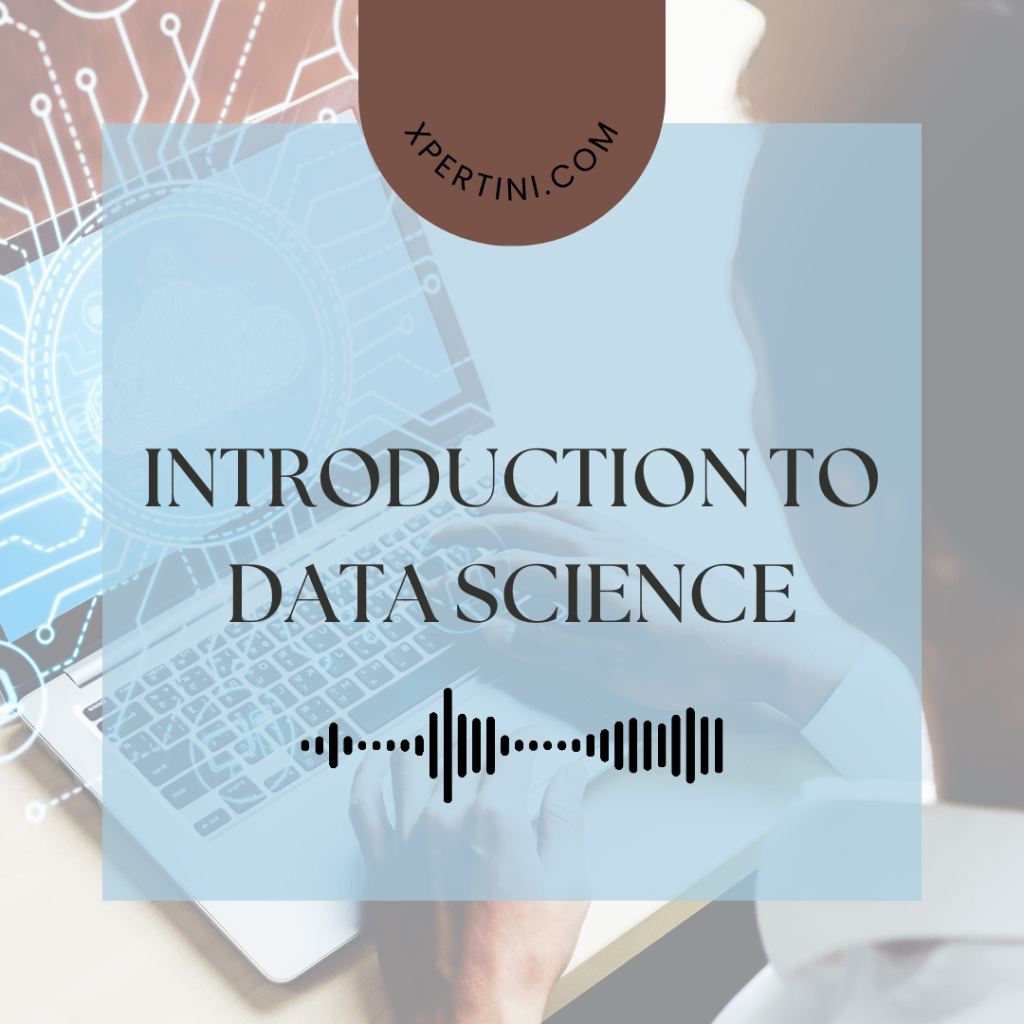Introduction to Data Science
Course Summary
This course offers a comprehensive introduction to the dynamic field of Data Science, providing participants with the essential knowledge and skills vital for a successful career. In the ever-evolving landscape of data-driven decision-making, this program equips aspiring data scientists, analysts, and professionals with the foundational concepts and practical expertise required to navigate the complexities of the domain.
Participants will gain proficiency in statistical analysis and data visualization, utilizing popular tools like Matplotlib and Seaborn. The course delves into the ethical considerations inherent in data science practices, emphasizing responsible use and addressing biases. Hands-on experience with data science tools and programming languages, coupled with the application of machine learning algorithms to real-world problems, ensures participants are well-prepared for the challenges of the field.
Through a series of collaborative data projects, participants will develop effective teamwork and communication skills, essential for the data-driven workplace. The course also explores diverse career opportunities, making it suitable for students pursuing degrees in computer science, statistics, or related fields, as well as professionals looking to enhance their data science skills.
Upon completion, participants will demonstrate a solid understanding of fundamental statistical concepts, proficiency in data visualization, and the ability to apply machine learning algorithms. This course empowers individuals to stay informed about emerging trends in data science, positioning them to pursue and excel in various roles within the dynamic and ever-expanding field of data science.
Course Overview
This course provides a comprehensive introduction to the field of Data Science, equipping participants with fundamental knowledge and skills necessary for a successful career in the domain. Data Science is a critical discipline that combines expertise in statistics, programming, and domain-specific knowledge to extract meaningful insights from large datasets.
Course Objectives
- Understand the foundational concepts of Data Science.
- Develop proficiency in statistical analysis and data visualization.
- Gain hands-on experience with popular data science tools and programming languages.
- Learn to apply machine learning algorithms to real-world problems.
- Explore the ethical considerations in data science practices.
- Acquire skills in data cleaning, preprocessing, and feature engineering.
- Interpret and communicate data findings effectively.
- Collaborate with peers on data-driven projects.
- Stay updated on emerging trends and technologies in the data science field.
- Prepare for potential career opportunities in data science.
Course Outcomes
- Demonstrate knowledge of fundamental statistical concepts.
- Use programming languages (such as Python or R) for data manipulation and analysis.
- Apply machine learning algorithms to solve practical problems.
- Exhibit proficiency in data visualization techniques.
- Critically evaluate and address ethical concerns in data science.
- Master data cleaning, preprocessing, and feature engineering techniques.
- Collaborate effectively in a team setting on data-driven projects.
- Communicate data findings clearly through written and visual means.
- Stay informed about current trends and advancements in data science.
- Pursue various career opportunities in the field.
Course Audience
- Aspiring data scientists and analysts.
- Professionals seeking to enhance their data science skills.
- Students pursuing degrees in computer science, statistics, or related fields.
- Anyone interested in understanding the principles and applications of data science.

